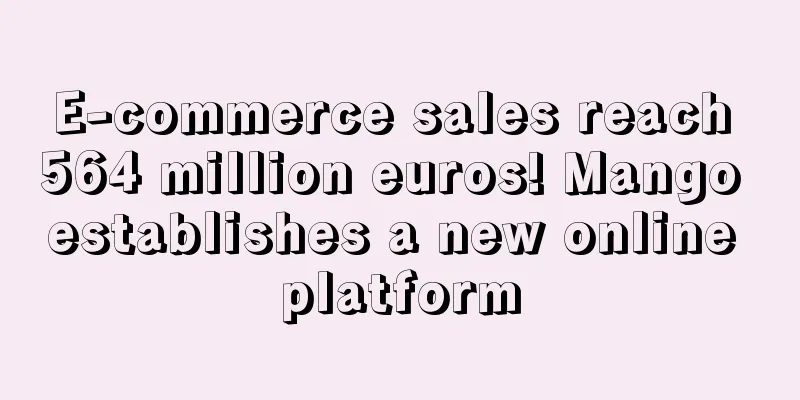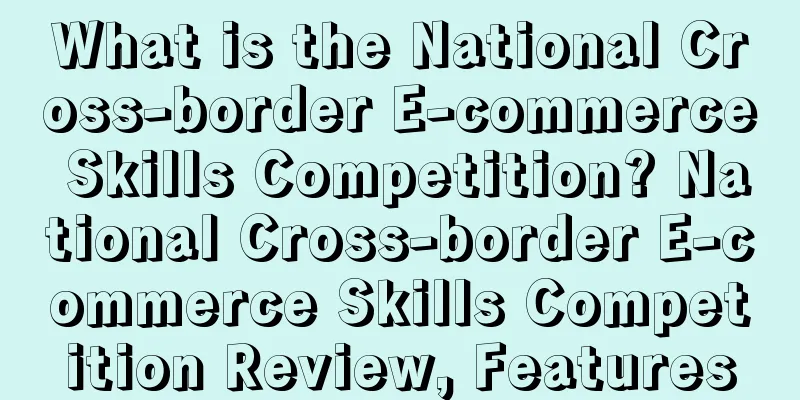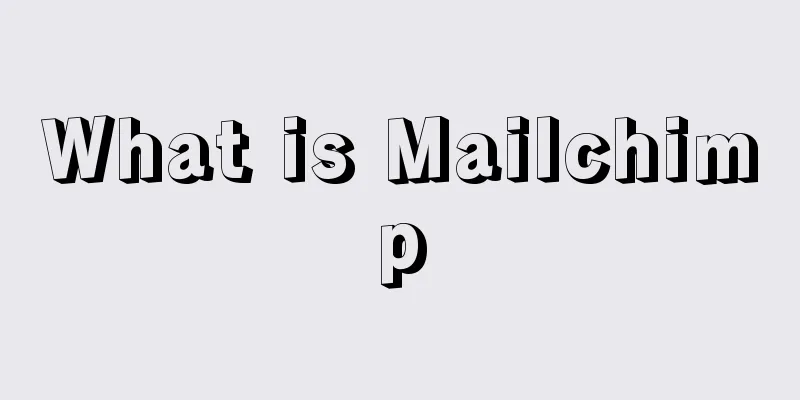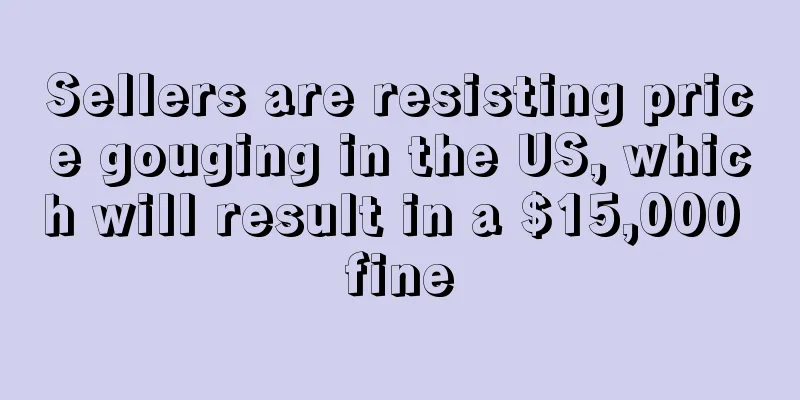E-commerce sales reach 564 million euros! Mango establishes a new online platform

|
It is reported that recently, Spanish fashion giant Mango announced the establishment of a brand new e-commerce platform, starting with the sale of third-party brand products from Italian lingerie brand Intimissimi .
It is reported that Intimissimi is the first third-party brand sold on the Mango platform. Mango has signed a three-year preliminary agreement with Intimissimi's parent company Grupo Calzedonia to sell a variety of clothing products of the brand in six markets including the UK, France , Germany , Spain , the Netherlands and Portugal . In addition, more markets will be added in the future.
“Our goal is not to become a giant multi-brand marketplace, but to expand our commercial offer to brands that match our positioning,” said Elena Carasso, Mango ’s online and customer director .
Mango uses its platform to provide its customers with more products that meet their needs and also attract new customer groups .
Mango was an early pioneer in fashion e-commerce , launching online in 2000, about a decade before its biggest Spanish rival, Zara . By the end of 2019, Mango’s e-commerce sales reached €564 million, accounting for 24% of the company’s total sales.
Mango’s move to establish an e-commerce platform is in line with the current development trend. At present , e-commerce channels have become a new trend at a time when many large domestic and international brands are seeking to create multi-brand online platforms to develop their businesses .
In the UK, Marks & Spencer will launch the first batch of third-party brands on its online platform later this week.
Marks & Spencer already sells sustainable fashion brand Nobody’s Child and will start selling Ghost, Joules, Phase 8, Hobbs, Seassalt and Finery London on Thursday. The company also recently acquired the Jaeger brand from the troubled Edinburgh Wool Mill group and will add the brand to its platform.
Of course, these brands will also be available in some Marks & Spencer stores . Like Mango, Marks & Spencer said it would not risk selling a large number of third-party brands, but only offer brands that complement existing products and can attract customers.
Global giant H&M also said it would use its online platform to sell third-party brands , while British giant Next has been selling third-party brands for many years and said it would expand its business in this area. Mango Spain E-commerce |
<<: Russian e-commerce WB Israel station results released: beauty products become popular
Recommend
Etsy reveals top shopping trends for 2022
It is understood that Etsy has announced its pred...
Hot searches surged to 80,000, and a group of sellers followed suit and may fall into traps
May is coming to an end, but some sellers are sti...
What is Yilong Express? Yilong Express Review, Features
Yilon Express (Yilon Express Co., Ltd.) was establ...
Etsy warns sellers about shipping costs
Recently, Etsy released information to remind sel...
What is Xinyin Zhihui? Xinyin Zhihui Review, Features
CITIC Bank Zhihui is the first domestic cross-bord...
What is RoadTrade? RoadTrade Review, Features
RoadTrade is a comprehensive cross-border logistic...
Cross-border supply chain finance has emerged as a dark horse, helping the second growth curve of cross-border overseas expansion
MODIFI, a global financial technology company, he...
What is Tribe Group? Tribe Group Review, Features
Tribe Group is a self-service platform between bra...
What is Zhongliansheng International Logistics? Zhongliansheng International Logistics Review, Features
Zhongliansheng International Logistics is a third...
Traffic explosion! Fan sellers' sales increased 9 times in half a year
This summer, the temperature in some cities in So...
What is AjMall? AjMall Review, Features
AjMall is a mobile e-commerce platform targeting ...
Shopee's international e-commerce business is expected to surpass Alibaba in 2022, and the Korean e-commerce market is expected to exceed US$242.2 billion in 2025!
Shopee 's international e-commerce business i...
SpeedPAK adjusts freight rates to the US and Australia; logistics issues may improve during the Spring Festival
On January 29, eBay China's official website ...
Paton's business changes, Xiaomi and SHEIN join the game
As a traffic star in the cross-border circle, Pat...
What is Yibang Logistics? Yibang Logistics Review, Features
Yibang Logistics (Yibang (Shenzhen) International ...









